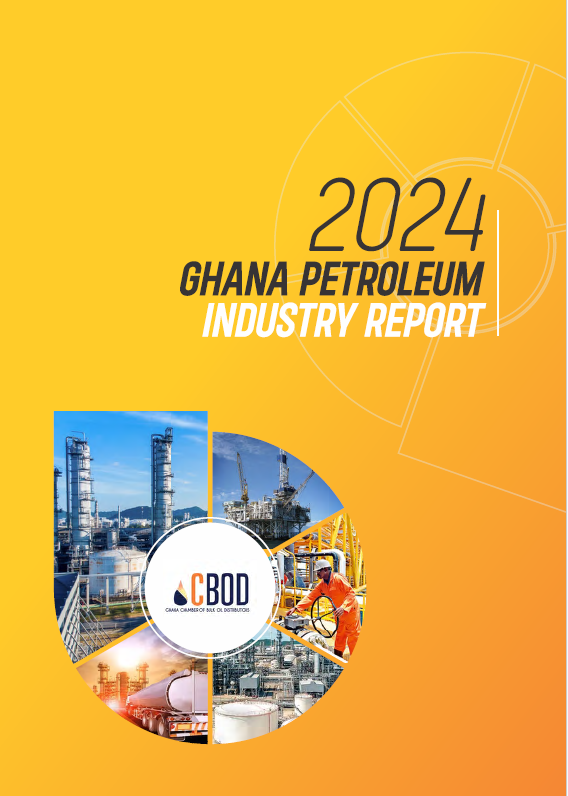The Chamber of Bulk Distribution Companies (BDCs) has indicated that the government’s decision to deregulate the petroleum down stream sector will be unsustainable.
Government’s move to deregulate the sector implies that the National Petroleum Authority (NPA) will no longer have no firm control over pricing.
However the Chief Executive Officer of the BDCs, Senyo Horsi told Eyewitness News host, Richard Dela Sky that though the move is a “noble idea” it cannot be maintained.
He further posited that there are some “key decisions” that will negatively influence the acceleration of the petroleum industry when it is deregulated.
Horsi believes government was compelled to take such a decision because of some circumstances it had no control over.
“Circumstances pushed government to take such a decision.
If government does not want to underwrite the responsibility associated with pricing, then it will have to allow the market to price itself.”
Implications of deregulation pricing
Horsi said government’s decision to liberalise the petroleum sector will benefit Economists and Ghanaians.
“I think when you price liberalise it, it is not only the consumer that benefits; the economy also benefits for government to be able to now structure its end in more productive areas like mass transportation”
He therefore suggested that various stakeholders focus on what government can do to replicate the impact of fluctuating petroleum prices at any point in time on the lives of Ghanaians.
“Why would I move from my car from Adenta, stay in traffic, spend too much fuel when I can have an efficient mass transportation system like I will do when I were in London.
“We have buses at Parliament and if I am not mistaken about 30, 40 million dollars was required.We have spent 1.8 billion dollars in the last four years on subsidies and that can do so much for us an economy and make life more productive within our economic state.”
–
By: citifmonline.com





